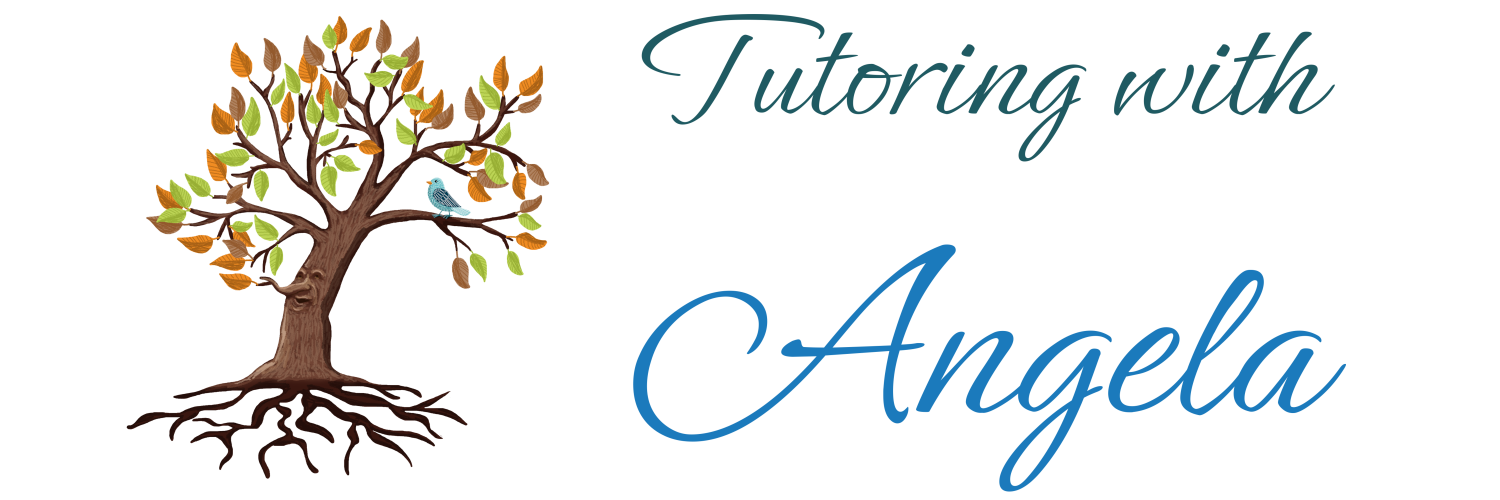Connecting the future and the present
Let me start my new blog with a quote:
„Yesterday is history, tomorrow is a mystery, today is God‘s gift. That‘s why we call it the present.“
Joan Rivers
The only reality we live in happens now. And now. And now. To regret (or yearn for) the past is just as fruitless as is worrying about (or yearning for) the future. At the same time, there are some things in my present that I would like to be different, and that will take me a substantial amount of time to deal with.
In my experience, the turning of a new year is a good point in time to establish new healthy habits and setting goals. In 2019 I let go of 26.5 pounds primarily by combining new and old excercise routines with a dry January/February. Psychological studies also show that resolvers actually do have a better chance of changing problems in their lives.
Again, on the other hand, a large fitness network concluded from their app‘s data that the second Friday of January is traditionally when most people drop their resolutions. In 2020, the 19th of January will be this „Quitters‘ Day“.
If you are among those who have set some goals for 2020, this is a good moment to review them to make sure they last you through the year.
A typical example would be „This year, I will do more exercise“.
The first and, in my view, most important question is: Is this really my own goal? If I want to drop weight just so people around me are happier, this project is much less likely to suceed.
Other important factors are: Until when am I going to have achieved what specifically? How much more excercise? What type of exercise? At this stage, it helps to set goals that are doable as well as challenging enough to create some motivating tension to drag us out of our comfort zone but does not discourage us after the first few steps. The more vividly I can envision my intentions, the more emotionally connected I am with them and the more motivated.
How will I know that I have achieved my goal? This is another essential part of the planning process to make my nebulous first draft of a goal more tangible.
One more question might sound similar: How do I know now that I will definitely achieve my goal? The mental effort I invest here takes the intention out of the future and emotionally grounds it in the present.
The end product of this process could look like this: „Until the end of March, I will have been on a run for 36 times. This will let me spend more time enjoying Nature and feel better physically. To support me, I have installed a running app on my phone and fixed a place to store my running gear.“
Alright, so now I have formulated a goal. What if, by adverse circumstances, I feel like I can‘t go on a run? I could be raining. I could oversleep and not have time for a morning run.
It was also found that goals have a better success rate when people plan ahead for some likely stumbling blocks. You can establish a kind of if-then ritual to help you be prepared for bad weather, so you don‘t just avoid going for a run and, in your frustration, throw in the towel altogether. Some actions to fit the situation could be:
- If it rains, I will do this cardio exercise at home where it is dry.
- If it rains, I will go running but really enjoy a hot shower afterwards.
- If it rains, I will go running on the treadmill at the gym.
- … (Can you come up with any other solutions?)
Which action exactly you take depends on the person and is less important than the fact that you do have an option planned. This exercise is not meant for you to deeply ponder everything that could go wrong but to arm yourself mentally.
So now you have a goal and a plan for the most apparent contingencies. So far so good. But how do we fit our future plans together with the impossibility of future planning?
In my view, this is a question of perspective and attitude. To put a goal into concrete words helps to get out of the brooding and endless plan revisions. Once they are fixed on paper, I can easily let go of them. No longer constantly comparing current and target states, wondering what my life will be like when I have achieved my goal makes it possible to live in the present more easily and confidently. Which means I am well ahead even before Quitters‘ Day.
How about you? What are your experiences with New Year‘s resolutions? What helps you to be present?


Leave a Reply